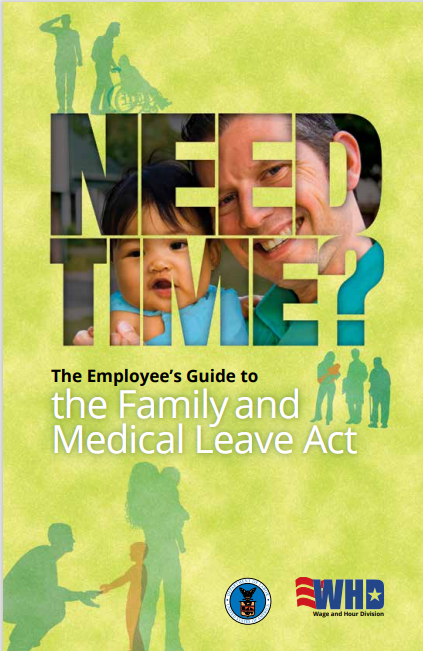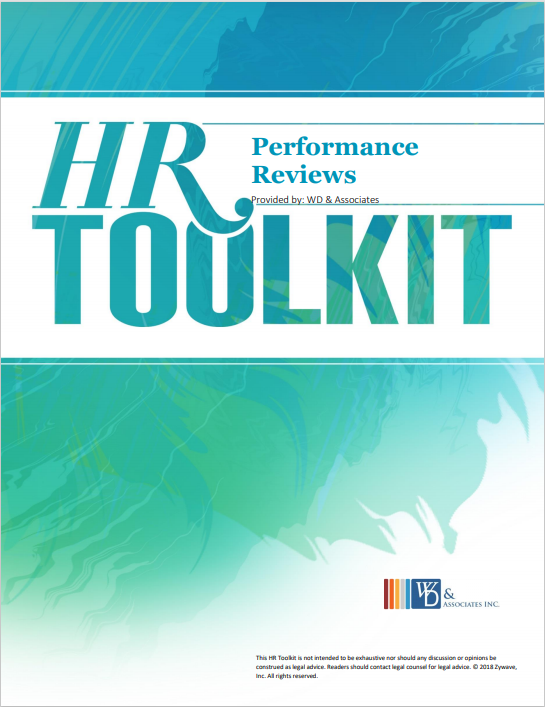Q. We have 65+ year old employees on our health plan and are trying to contain costs. Can move them to Medicare? What are the rules around that? Can we pay for their Medicare costs like supplement and Part D?

A. From Scott Buisson:
That's a bit tricky. While older members can be a large portion of plan costs you have to be careful to avoid age discrimination when discussing a move to Medicare.
It is illegal to force an employee over the age of 65 to drop their company plan or incentivize them to do so. You can simply educate them about all of their options including the Medicare option.
You can show what plans are available as well as the costs of each plan and leave it up to the employee to decide whether they want to come off the company plan or not. The employer cannot tell the employee that the company will pay them if they come off the plan or otherwise cover the costs of the employee’s individual Medicare coverage.
In some instances employers can set up a group Medicare Advantage plan that is available to all active Medicare eligible employees and the company can pay the premiums for this plan. This can be a good option depending on the size of the group as well as other factors. Employers can also set up retiree medical coverage for those employees who are no longer active employees. There are, as always, advantages and disadvantages as well as various qualifications and restrictions with these options.

From the employee’s perspective a major factor will likely be price: the price they are paying for the company plan vs. the total cost for comparable Medicare coverage. This is a complicated formula that is determined on a case-by-case basis depending upon the Medicare recipient’s income and choices regarding plan design. A Medicare licensed broker can sit with each eligible employee to fully discuss the options and help the employee to make an informed decision.
Cost is always a factor but there are other considerations as well such as whether or not the employee is also providing health coverage for their dependents. If the employee is age 65 but their spouse is only 40 years old and/or their kids are teenagers it will create a problem for the employee to move to Medicare. If they do not have alternative coverage available for the dependents the whole family would lose coverage when the employee moves to Medicare. The spouse and children would be eligible for Cobra for 36 months but after that they would be on their own to find health coverage.
Cobra and Medicare eligibility is also a tricky subject. Medicare does not recognize Cobra as Creditable coverage when determining eligibility and penalties that can be applied for being uninsured for a period of time. That means that if an employee is going from full time to part time and becoming ineligible for company benefits they are eligible for Cobra for up to 18 months but would face a penalty when later applying for some portion of their Medicare premium. In that instance, the employee would need to sign up at least for Medicare Part B and take a Medicare plan when the company plan ends in order to avoid that penalty.
Medicare is tricky. It is best to act cautiously and seek advice from a licensed professional. Your group health plan advisor should be able to properly guide you in determining what is best for you and your employees or refer you to a licensed advisor who can.
In Case You Missed It
Check Out Other Topics In The You Ask, We Answer Series
Open Enrollment: I have someone who wants to drop their benefits coverage. Do we have to wait for open enrollment?
COBRA: Do I have to offer COBRA to someone who wasn't on my health plan while employed?










Leave a comment